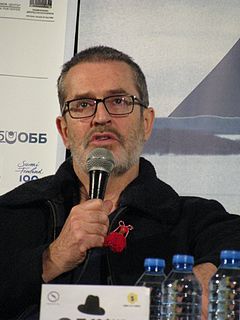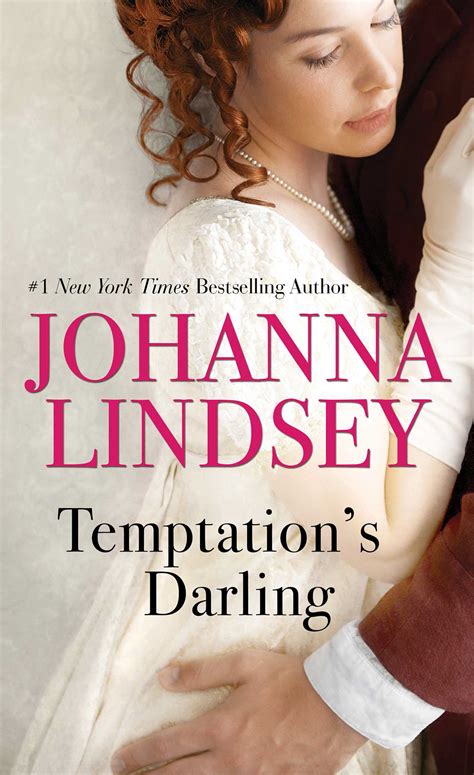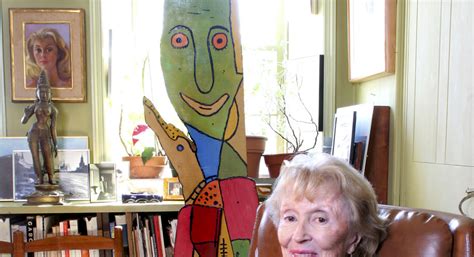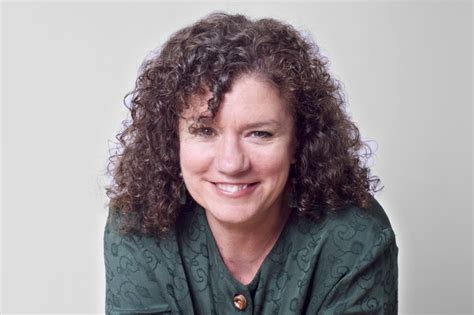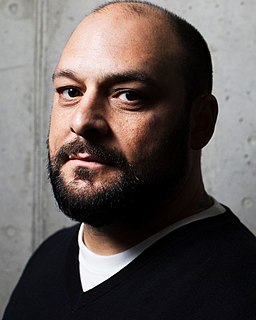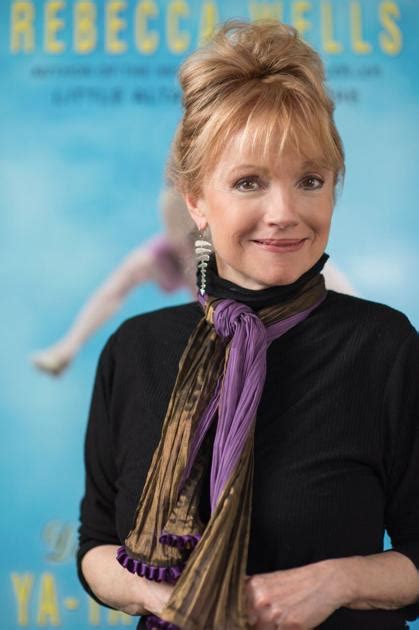A Quote by Rupert Everett
Listen, in England people are already writing their memoirs at the age of 23.
Related Quotes
Lately I've been thinking about the idea that all novels are, at least in some way, about the process of writing a novel - that the construction of the book and the lineage of people constructing novels are always part of the story the author is telling. I think the equivalent for memoir should be that all memoirs are, in some way, about the process of memory. Memoirs are made out of a confusing, flawed act of creation.
Writing the past is never a neutral act. Writing always asks the past to justify itself, to give its reasons... provided we can live with the reasons. What we want is a narrative, not a log; a tale, not a trial. This is why most people write memoirs using the conventions not of history, but of fiction.
I have two sons, ages 23 and 25, and know that parents need to listen more and speak less. Young people today don't always know what's going on or how they fit in, and if someone walks up to them and says, 'Hey, kid: If you listen to me I'll give you power and a sense of purpose,' it can hold tremendous appeal.
